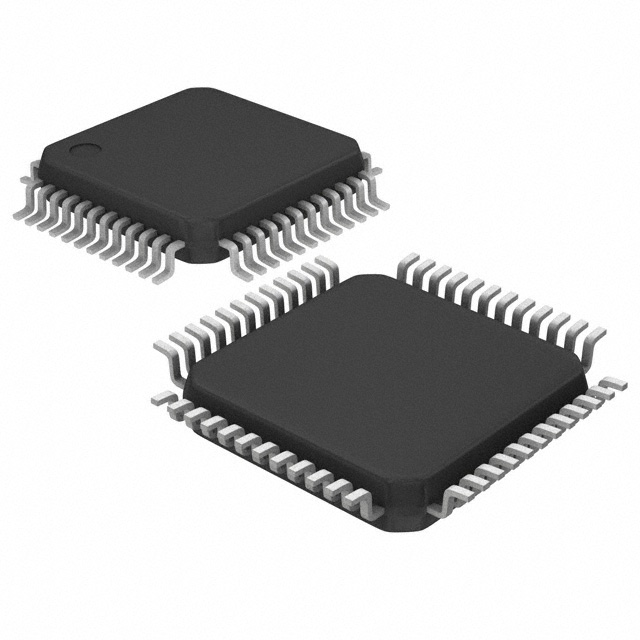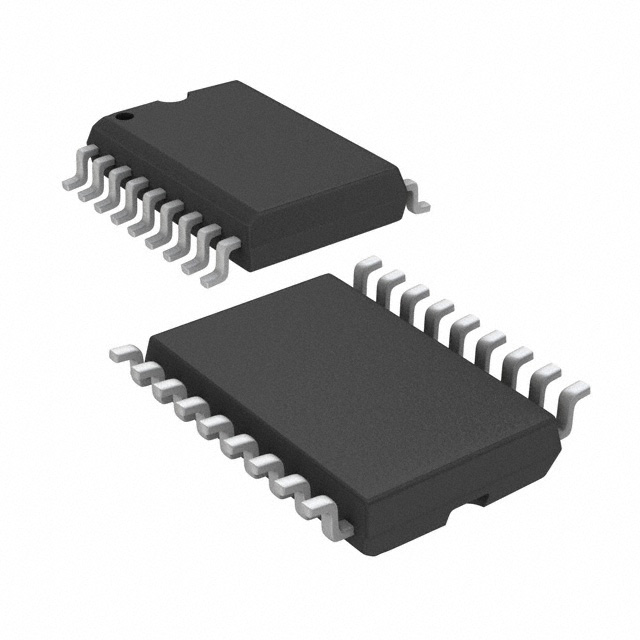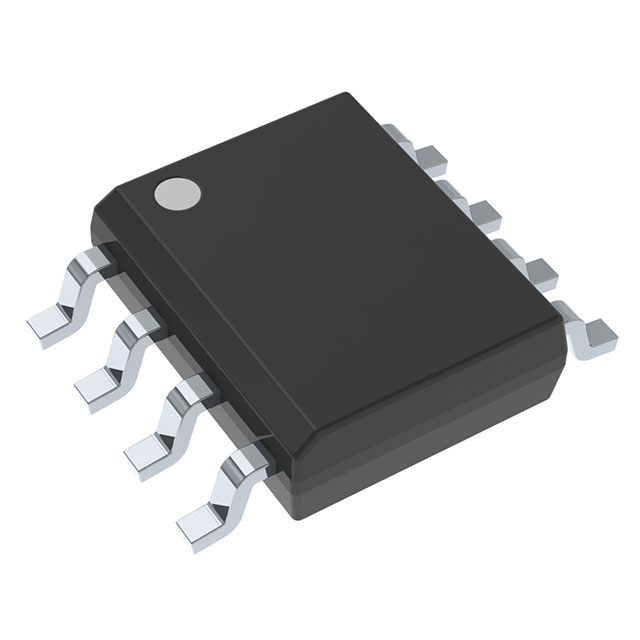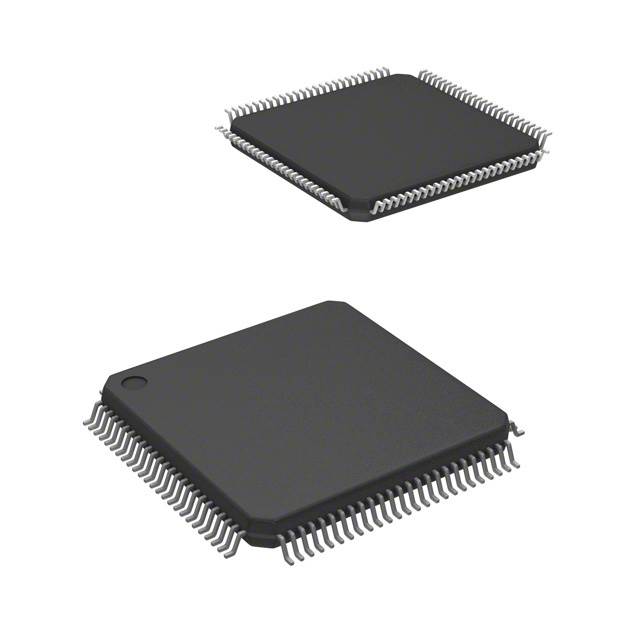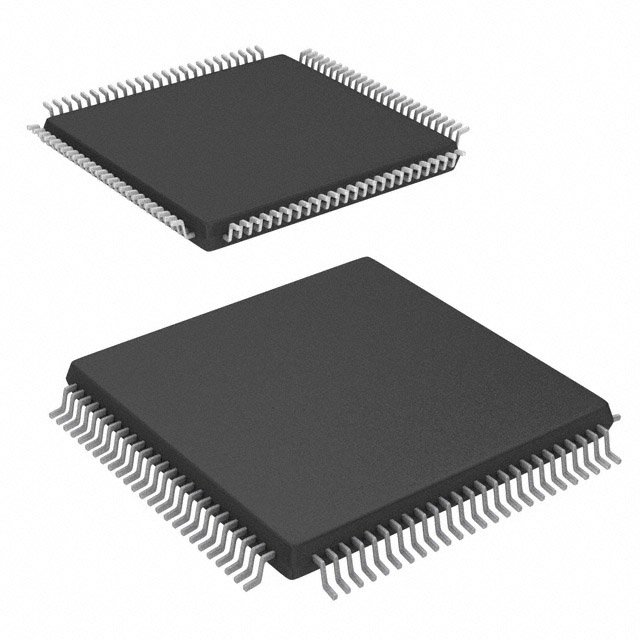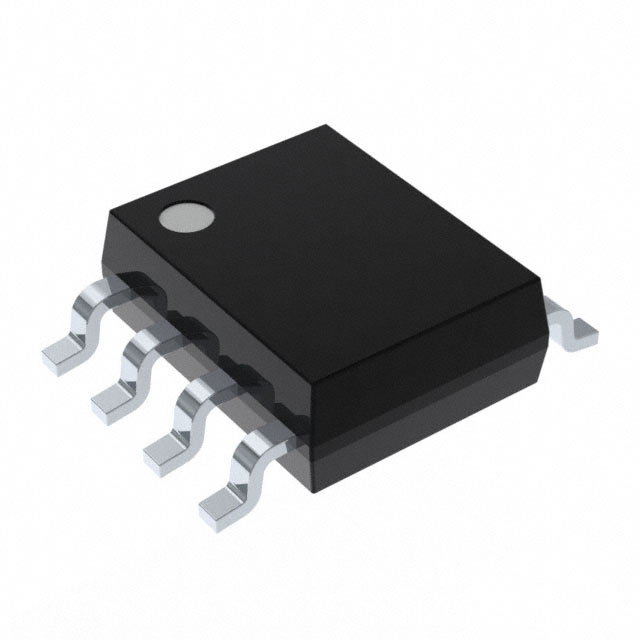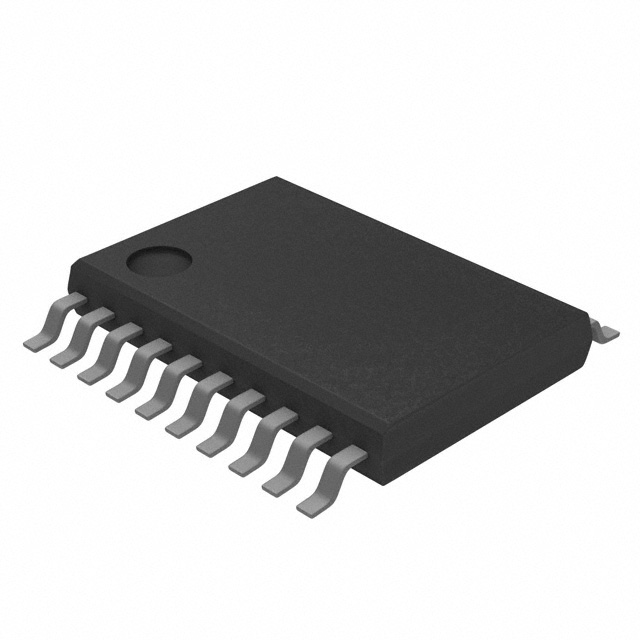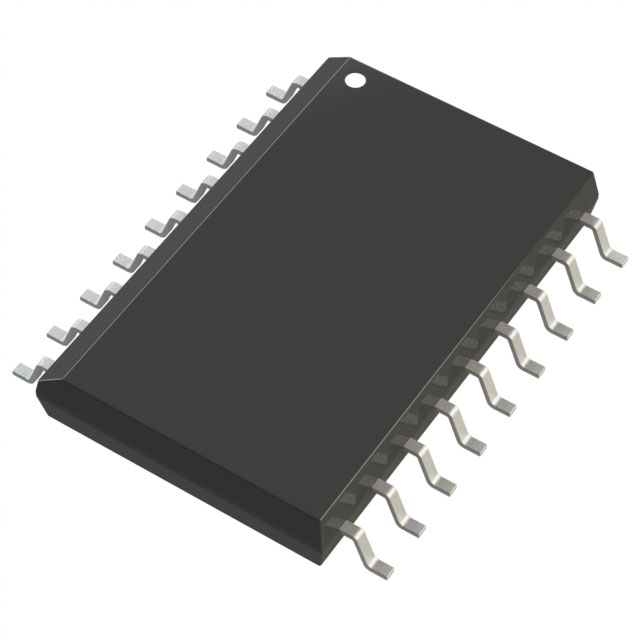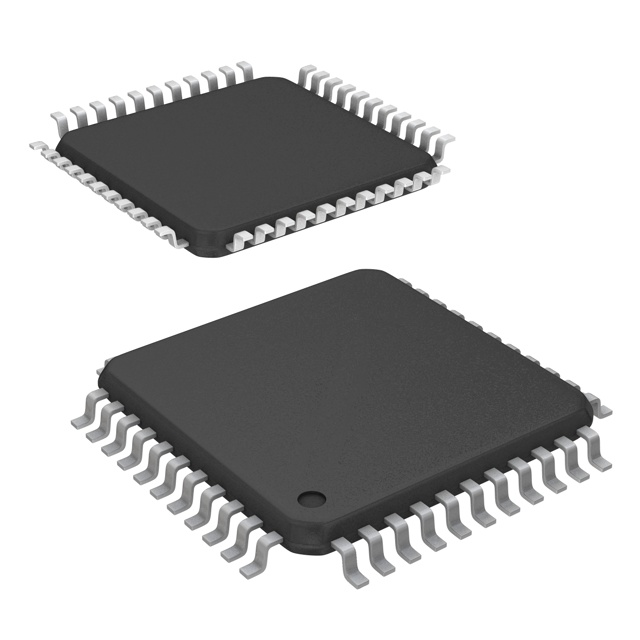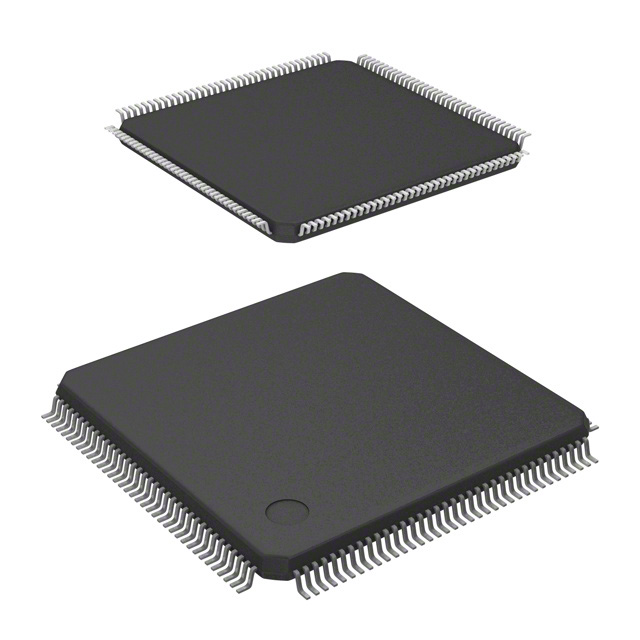

Moisture Sensors: The Key to Smarter Soil and Water Management
Catalog
How Moisture Sensors WorkWhy Moisture Sensors Are EssentialChoosing the Right Moisture SensorFrequently Asked Questions (FAQs) About Moisture SensorsConclusion: Upgrade Your Soil Management with Moisture SensorsEffective water management is essential for modern agriculture, gardening, and environmental sustainability. Moisture sensors have emerged as indispensable tools for accurately monitoring soil water levels, helping optimize irrigation, increase productivity, and conserve resources. Let’s explore how these sensors work, their benefits, and tips for choosing the right one.
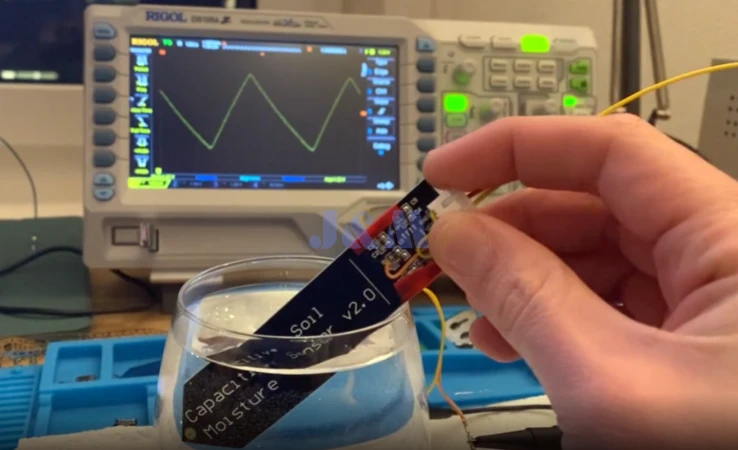
How Moisture Sensors Work
Moisture sensors measure the water content in soil using different technologies, each tailored for specific needs:
1. Capacitance Sensors: Detect changes in the soil’s dielectric constant, offering fast and reliable results.
2. Resistance Sensors: Measure electrical resistance between probes, suitable for basic monitoring.
3. Time-Domain Reflectometry (TDR): Use electromagnetic waves for precise, research-grade accuracy.
Understanding the underlying technology is crucial when selecting the right sensor for your application, whether for small-scale gardening or high-tech farming.
Why Moisture Sensors Are Essential
1. Precise Irrigation Management: Moisture sensors ensure plants receive the exact amount of water needed, preventing overwatering or drought stress.
2. Higher Crop Yields: Consistent hydration promotes healthier plants and better harvests.
3. Cost Efficiency: Reduce water and electricity bills by eliminating wasteful irrigation practices.
4. Environmental Benefits: Prevent soil erosion, runoff, and nutrient loss by maintaining optimal moisture levels.
With these advantages, moisture sensors are transforming how we think about soil and water management.
Choosing the Right Moisture Sensor
The effectiveness of a moisture sensor depends on your specific needs:
- Accuracy: Essential for research, large-scale farming, or scientific projects.
- Durability: Look for waterproof and rugged designs to withstand outdoor conditions.
- Connectivity: Wireless and IoT-enabled sensors offer real-time data for automated systems.
- Cost: Consumer-grade sensors are ideal for beginners, while research-grade options cater to professionals.
For most users, balancing accuracy, durability, and affordability ensures maximum value.
Real-World Applications
Moisture sensors are highly versatile and can be used across various fields:
- Smart Agriculture: Sensors integrated with IoT systems enable automated irrigation based on real-time data.
- Gardening and Landscaping: Maintain healthy gardens and lawns with minimal effort.
- Soil Research: Analyze soil health, water retention, and hydrological cycles for scientific studies.
- Environmental Monitoring: Track soil moisture in forests, wetlands, and conservation areas.
These applications demonstrate how moisture sensors are essential in both everyday and specialized scenarios.
Research-Grade vs. Consumer-Grade Sensors
Not all moisture sensors are equal. Here’s a quick comparison:
| Feature | Research-Grade Sensors | Consumer-Grade Sensors |
| Accuracy | High, ideal for precision tasks | Moderate, suitable for basic needs |
| Durability | Weatherproof, long-lasting | Often lightweight, less rugged |
| Cost | Higher investment | Budget-friendly options |
| Connectivity | Advanced IoT compatibility | Basic or no connectivity |
Choosing the right type ensures optimal results for your specific needs.
Frequently Asked Questions (FAQs) About Moisture Sensors
What is a soil moisture sensor, and why do I need one?
A soil moisture sensor is a device used to measure the water content in soil. It helps precisely manage irrigation, making it essential for agriculture, gardening, and environmental conservation. It reduces water waste, enhances crop yields, and promotes sustainable practices.
How do soil moisture sensors work?
Common soil moisture sensors work using these principles:
- Capacitive Sensors: Detect changes in the dielectric constant of the soil.
- Resistive Sensors: Measure electrical resistance between two probes.
- TDR (Time-Domain Reflectometry): Use electromagnetic waves to determine moisture levels accurately.
How do I choose the right soil moisture sensor?
Consider these factors when choosing a sensor:
- Accuracy: Opt for high-precision sensors for research or agricultural use.
- Durability: Ensure the sensor is weatherproof and robust for outdoor conditions.
- Budget: Affordable sensors work for basic gardening, while research-grade sensors suit professional applications.
Can a soil moisture sensor be integrated with an irrigation system?
Yes, many modern sensors can integrate with smart irrigation systems. They transmit real-time data wirelessly or through wired connections to control irrigation automatically based on soil moisture levels.
Do soil moisture sensors require calibration?
Yes, regular calibration ensures measurement accuracy. Different soil types may require specific calibration methods. Refer to the sensor manual or consult the manufacturer for guidance.
Where can soil moisture sensors be used?
- Agriculture: Optimize irrigation and reduce water usage.
- Gardening: Maintain optimal moisture levels for plants and lawns.
- Research: Study soil water dynamics and hydrology.
- Environmental Monitoring: Track moisture in wetlands, forests, and conservation areas.
What should I consider when installing a soil moisture sensor?
Avoid placing the sensor in rocky or compact soil to prevent damage.
Install the sensor in a representative area for accurate moisture readings.
Clean the probes periodically to avoid corrosion or dirt buildup.
Which brands of soil moisture sensors are recommended?
Reputable brands like METER Group, Decagon Devices, and Toro offer high-quality soil moisture sensors for various needs, from beginner-friendly to professional-grade options.
How do wireless soil moisture sensors work?
Wireless sensors transmit data via Wi-Fi or LoRa technology to smart devices, allowing you to monitor soil moisture remotely. They are particularly useful for large farms or remote areas.
Are soil moisture sensors suitable for all soil types?
Most sensors work well across various soil types, but sandy or clay-heavy soils may require specific calibration to ensure accurate readings.
Conclusion: Upgrade Your Soil Management with Moisture Sensors
Investing in moisture sensors is a step towards smarter, more sustainable water management. From improving crop yields to saving water and protecting the environment, these devices are invaluable for anyone looking to optimize soil hydration.
Whether you’re a farmer, researcher, or gardening enthusiast, moisture sensors offer an easy and effective way to take control of your soil health. Start exploring your options today and embrace the future of soil and water management!
Subscribe to JMBom Electronics !



